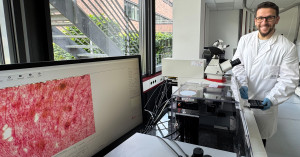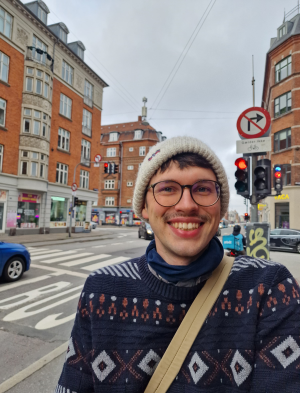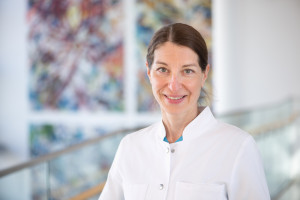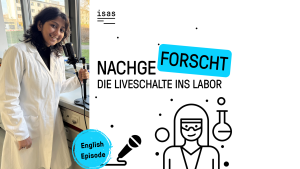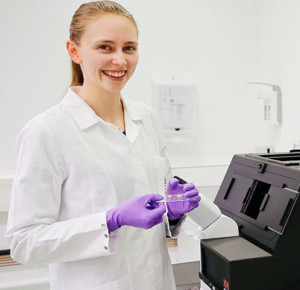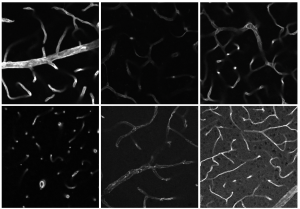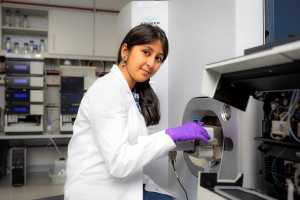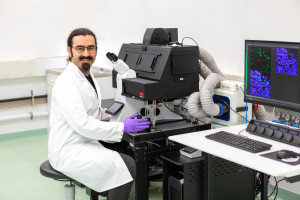Dortmund, 15th November 2024
At ISAS, employees from all over the world conduct interdisciplinary research together. This leads not only to innovative research approaches but also to a network of valuable connections. Former employees remain an integral part of this ISAS network and continue to contribute to the distribution of scientific knowledge from ISAS through regular exchange and close collaboration. In the following weeks and months, former and current colleagues will therefore provide an insight into the valuable connections within and outside the institute.
Following Dr Saskia Venne's kick-off, Prof Dr René Zahedi will now report on his time at the institute. He was at ISAS from 2008 to 2017 as a junior and later regular research group leader. He now holds a professorship at the University of Manitoba (Canada) and is Director of the Manitoba Centre for Proteomics and Systems Biology. In the statement, the biochemist talks about how his time at ISAS still shapes his work today.
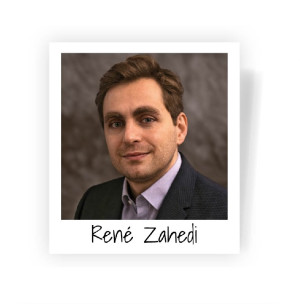
Together with my research group, I worked at ISAS to develop and optimise techniques to examine the way in which proteins are dynamically regulated by post-translational modifications (PTMs) such as protein phosphorylation. Our focus was primarily on improving the sensitivity of the techniques for analysing clinical samples, the quantity of which is often severely limited. These techniques were then deployed to examine changes in the phosphorylation of proteins in human thrombocytes as well as cancer cells from patients with chronic lymphocytic leukaemia.
The strongly multidisciplinary work at ISAS was a great help for me in understanding that researchers from different specialist areas often speak ‘different languages’. This allowed me to rethink my own way of communicating – and hopefully improve it. Also in the context of the collaborations with clinical partners, it was extremely helpful to understand the differing perspectives, objectives and ways of communicating. One important instance of collaboration that I built up with an oncologist during my time at ISAS continues to this day. Furthermore, the optimum conditions at ISAS allowed me to make important international contacts, for example, by being able to invite leading researchers in my field to come to Dortmund to give talks. In particular, my colleagues at ISAS were fantastic – from the building technology, workshop and administrative teams to the other research groups, there was a great working atmosphere.
I now conduct research in Canada and, in addition, I provide training for the researchers of tomorrow at the University of Manitoba. For me, translation is the most exciting of my activities. The Manitoba Centre for Proteomics and Systems Biology is located at the largest hospital in Winnipeg, which treats in excess of 550,000 patients each year. The collaboration taking place each day between the people conducting fundamental research, technologists and clinicians gives rise to exciting projects relating directly to patients. Our work, for example, concerns severe disorders in neonates. We would like to use our techniques to improve the diagnosis of congenital metabolic defects and thus ensure the affected individuals receive the necessary treatment more quickly. The potential provided by proteome research for clinical translation is enormous – and this is precisely one of the central messages of my teaching.
Prof. Dr. René Zahedi Professor at the University of Manitoba, Canada, and director of the Manitoba Centre for Proteomics and Systems Biologyda) und Direktor des Manitoba Centre for Proteomics and Systems Biology
